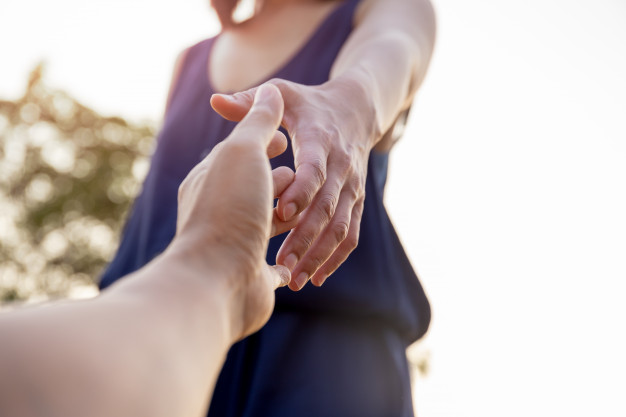
Social distancing guidelines and stay-at-home orders help protect the nation during the COVID-19 pandemic. But isolation and loneliness can affect people’s emotional health, especially older adults.
“Social interaction and emotional health are definitely intertwined, and during this time when social interaction can’t be something that everyone can do, we have to look for alternatives,” says Dr. Beth Rush, a Mayo Clinic psychologist.
“Older adults have been told from the beginning of this COVID-19 situation that they are to isolate, and with that comes stress, less social interaction from a traditional sense of meeting with family and getting visits in person. We have to turn to alternative means. Be flexible.”
Tips to help older family members
“Consider writing a letter, sending gifts and gift certificates to online retailers to friends and family,” says Dr. Rush. “Even helping them try to use something like FaceTime or Skype, which may or may not work, depending on whether or not they have any cognitive impairment, these are the things that we have to turn to to maintain some sense of intimacy with our older friends and family members.”
How to stay connected
By helping others, you help yourself.
“Staying connected is something that we tend to think of as something that’s physical in terms of an in-person visit, but you can stay connected by phone calls, daily check-ins at certain times, sharing meals, or having a cup of coffee together by phone or by FaceTime if it’s possible. These are the things that we can do to lock eyes with someone that’s important to us. Make sure that they know they’re not alone, and it’s nice and reassuring to us that we know we’re not alone,” says Dr. Rush.
The Centers for Disease Control and Prevention (CDC) offers these suggestions:
- Take breaks from watching, reading, or listening to news stories, including social media.
- Take care of your body. Take deep breaths and stretch.
- Try to eat healthy, well-balanced meals; exercise regularly; get plenty of sleep; and avoid alcohol.
- Connect with others. Talk with people you trust about your concerns and how you are feeling.
‘Courtesy: Beth Rush, Ph.D. / Psychology / Mayo Clinic.’[/vc_message]












